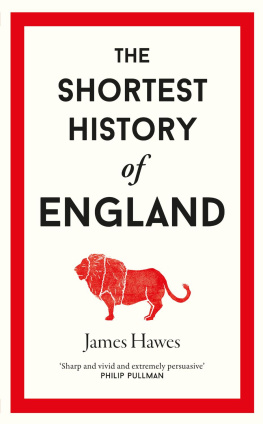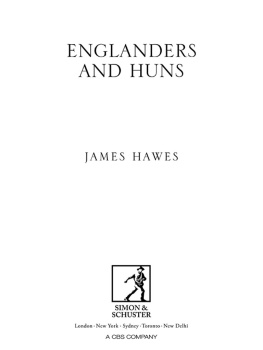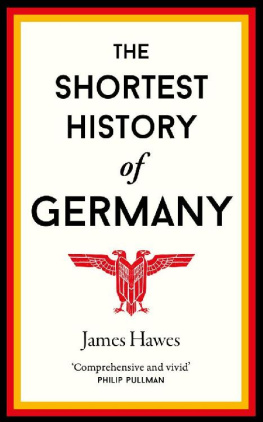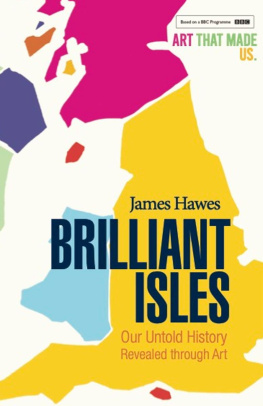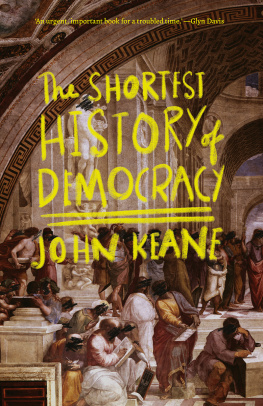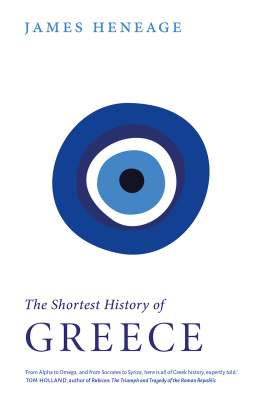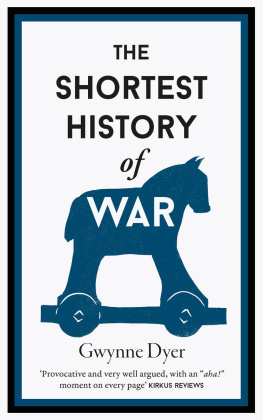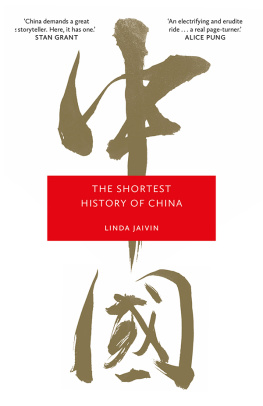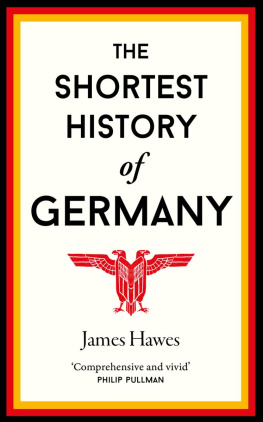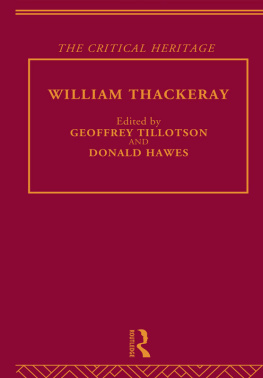James Hawes - The Shortest History of England
Here you can read online James Hawes - The Shortest History of England full text of the book (entire story) in english for free. Download pdf and epub, get meaning, cover and reviews about this ebook. year: 2020, publisher: Old Street Publishing, genre: History. Description of the work, (preface) as well as reviews are available. Best literature library LitArk.com created for fans of good reading and offers a wide selection of genres:
Romance novel
Science fiction
Adventure
Detective
Science
History
Home and family
Prose
Art
Politics
Computer
Non-fiction
Religion
Business
Children
Humor
Choose a favorite category and find really read worthwhile books. Enjoy immersion in the world of imagination, feel the emotions of the characters or learn something new for yourself, make an fascinating discovery.
- Book:The Shortest History of England
- Author:
- Publisher:Old Street Publishing
- Genre:
- Year:2020
- Rating:5 / 5
- Favourites:Add to favourites
- Your mark:
- 100
- 1
- 2
- 3
- 4
- 5
The Shortest History of England: summary, description and annotation
We offer to read an annotation, description, summary or preface (depends on what the author of the book "The Shortest History of England" wrote himself). If you haven't found the necessary information about the book — write in the comments, we will try to find it.
The Shortest History of England — read online for free the complete book (whole text) full work
Below is the text of the book, divided by pages. System saving the place of the last page read, allows you to conveniently read the book "The Shortest History of England" online for free, without having to search again every time where you left off. Put a bookmark, and you can go to the page where you finished reading at any time.
Font size:
Interval:
Bookmark:
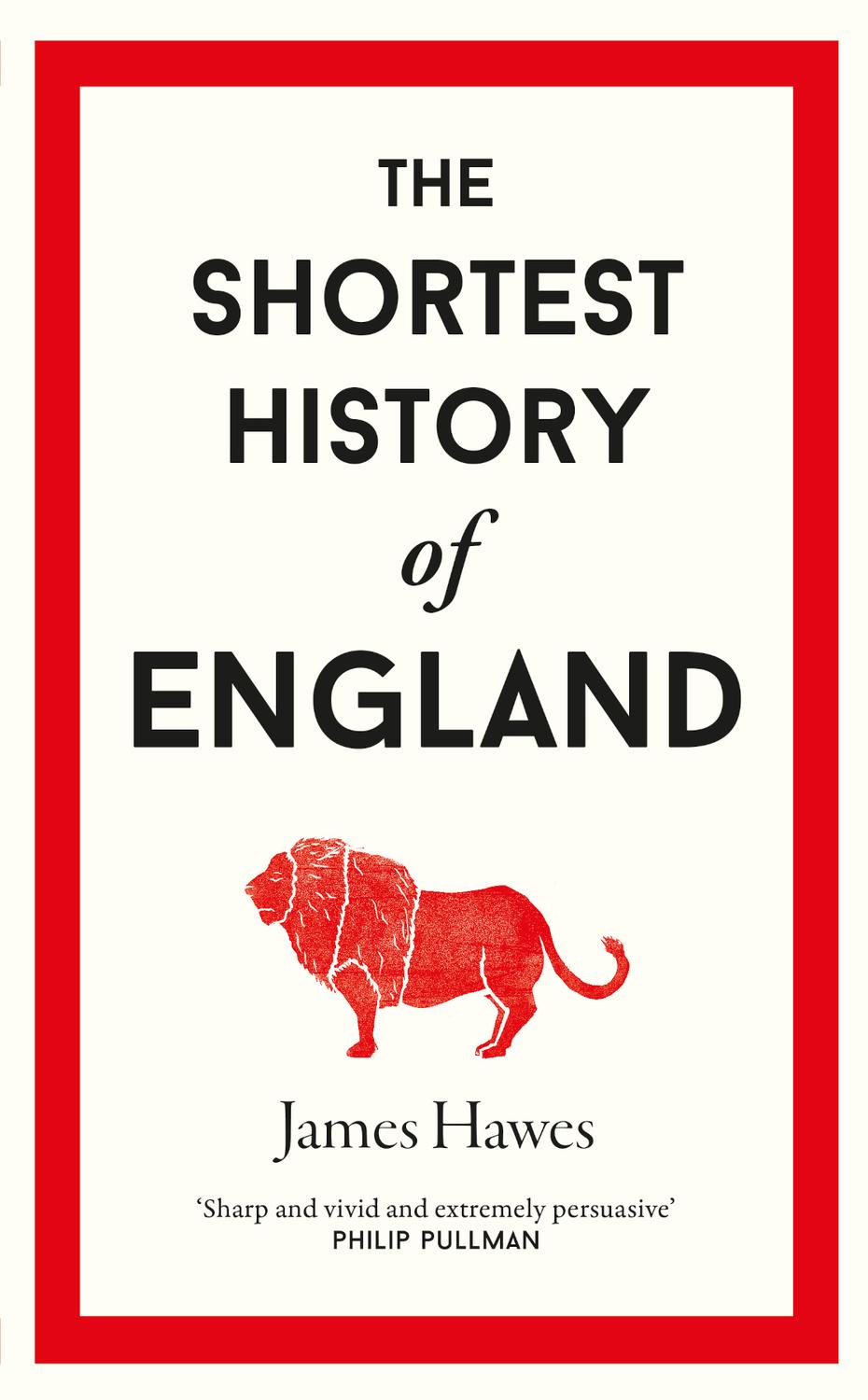
i
Engaging I suspect I shall remember it for a lifetime
The Oldie on The Shortest History of Germany
Here is Germany as youve never known it: a bold thesis; an authoritative sweep and an exhilarating read. Agree or disagree, this is a must for anyone interested in how Germany has come to be the way it is today.
Professor Karen Leeder, University of Oxford
The Shortest History of Germany, a new, must-read book by the writer James Hawes, [recounts] how the so-called limes separating Roman Germany from non-Roman Germany has remained a formative distinction throughout the post-ancient history of the German people.
Economist.com
A daring attempt to remedy the ignorance of the centuries in little over 200 pages... not just an entertaining canter past the most prominent landmarks in German history also a serious, well-researched and radical rethinking of the continuities in German political life.
Nicholas Boyle, Schrder Professor of German, Cambridge University
Fascinating as an introduction to the most important country in Europe today, this is a great read, and an ideal primer
Tribune on The Shortest History of Germany
Yes, the Nazis are here, but so too is a history stretching from the Germanic tribes who took on the Roman Empire, right up to Chancellor Angela Merkel Comprehensive, vivid, and entertaining if you want to understand a country on which much of the free world is now pinning its hopes, you could do worse than start here.
Irish Examiner
Absolutely brilliant Hawes sets about tearing up the Prague picture postcard-image of Kafka with tremendous, crowd-pleasing vigour
Ian Sansom, Guardian, on Excavating Kafka
performed with wit and finesse his book is full of enlightening surprises [Hawes] is an admirable guide, leading us through this tangled intellectual copse.
The Times on Englanders and Huns ii
vii
To my mother, Janet Hawes ne Fry,
who dodged V-1s in Cricklewood
viii
ix
The English have lost their sense of themselves as an ancient shared culture In English schools, history is taught in a strangely episodic manner Roman, Tudors, Second World War so students have no continuous historical narrative The English dont even know their country geographically. Most southerners have little interest in what goes on up north, and most northerners wouldnt be able to find Guildford on a map.
L ouis de B ernires
Financial Times, 29 Jan 2020 x
- PART ONE
From Caesar to the Conqueror - PART TWO
The England of Two Tongues - PART THREE
The English and Empire - PART FOUR
Industrial Revolution - PART FIVE
Farewell the Eagles and Trumpets
19142020
In 1944, on her way to school in Cricklewood, my mother heard a V-1 cut out above her. She threw herself flat on the pavement. Some twitch in the Nazi gyroscope decided that glass and rubble would rain down all around her, but that she would live to tell the tale.
My sons have heard it from her. So with luck, in 2094, one or other of them will be able to tell his grandchildren that he knows what it felt like to dodge a V-1 in London in 1944, because their great-great-grandmother told him.
A century and a half, hurdled by a family story. Try it with your own. Seven long generations like that a short queue at the check-in to eternity, the old and the young holding hands and we are back at the Battle of Hastings.
Our past whispers in our ears, whether we hear it or not, and makes us what we are. And given the state of England today, wed better get to know ourselves a bit better. So where to begin? Well, we know almost to the hour when England emerged from archaeology, and entered history.
At dawn on the 27th August, 55BC about fifteen long generations ago a fleet appeared out of the night off Ebbsfleet in Kent, bearing none other than Julius Caesar. xii
From Caesar to the Conqueror
55 bc 1087 ad
By 55 bc , Rome had vaguely known for many years of a mysterious land beyond Europe inhabited by people the Greeks called the Pretaniki or Bretaniki. It was famous mainly as a source of tin, the vital metal that could transmute copper into brass or bronze. The Phoenician merchants who dominated this lucrative trade kept their business secrets to themselves, so when Caesar invaded from newly-conquered Gaul, he knew that the Britons had dealings with the Gauls, that tin could be found there, and that the nearest part of the island was called Kantion, but that was about it.
Having called to him the merchants from all parts, Caesar could learn neither the size of the island, nor what or how numerous were the nations which inhabited it, nor what system of war they followed, nor what customs they used.
Julius Caesar, The Gallic War
Caesars fleet crossed the Channel in a single night, but could find no decent anchorage; his attempted landing at Ebbsfleet was met with a reception so ferocious that it never got off the beach. He tried again the following year. This time he made it as far as the Thames Valley, which was enough for him to learn that the Britannici were not a single people at all.
Inland, there was an old-established population, whereas the maritime portion (i.e. the south-eastern coastal region) had recently been settled by raiders from the country of the Belgae. Indeed, a Belgic leader had recently claimed some kind of overlordship in Britannia. Modern archaeologists agree that there was a distinctive Aylesford-Swarling/Atrebatic culture in the South-East at this time, closely linked to the Belgic Gauls.
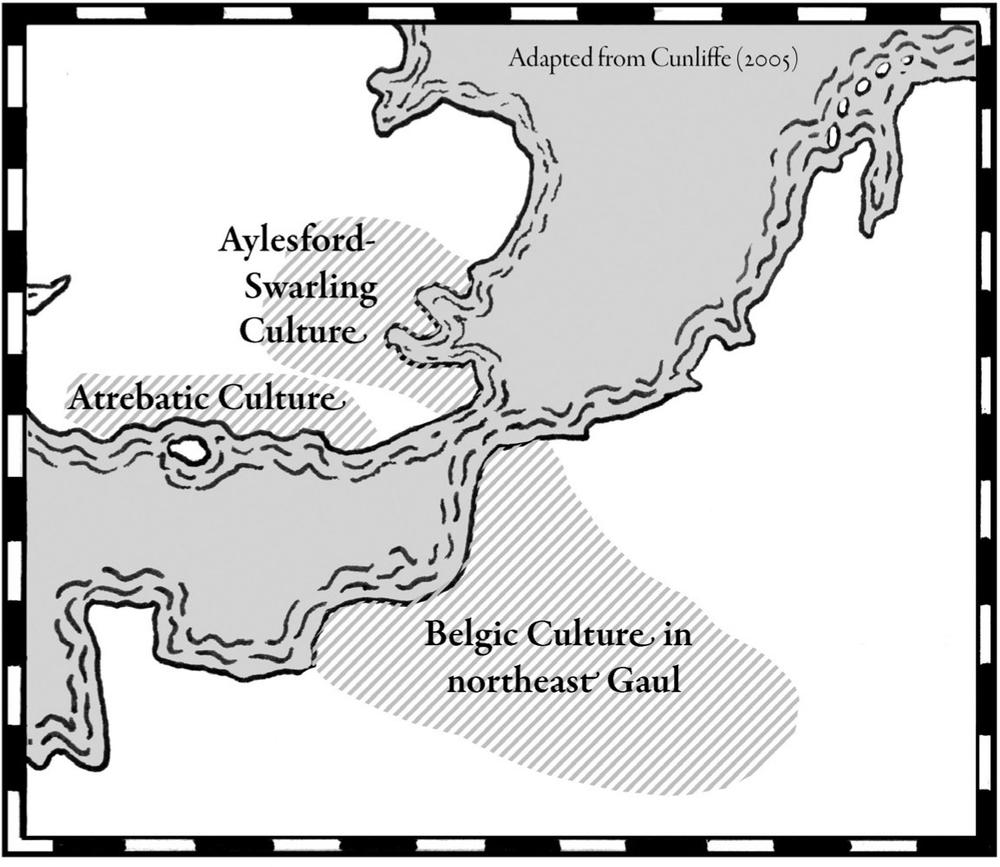
The South-East is already different in 54 bc : Belgic cross-Channel culture in Caesars day
Caesar and his army didnt stick around, but the elite of Britannia were suitably awed. Some thirty years later, the Greek writer Strabo described Britannia as virtually a Roman property, whose chieftains came to dedicate offerings in the Capitol. By 43 ad , Emperor Claudius decided that it had developed enough to be worth invading and taxing properly.
Claudius really only cared about the tribes already advanced enough to be making and using coins. The limit of their territory is no coincidence. It is also the line of the Jurassic Divide, where young sandstones, clays and chalks give way to older shales and igneous rocks.
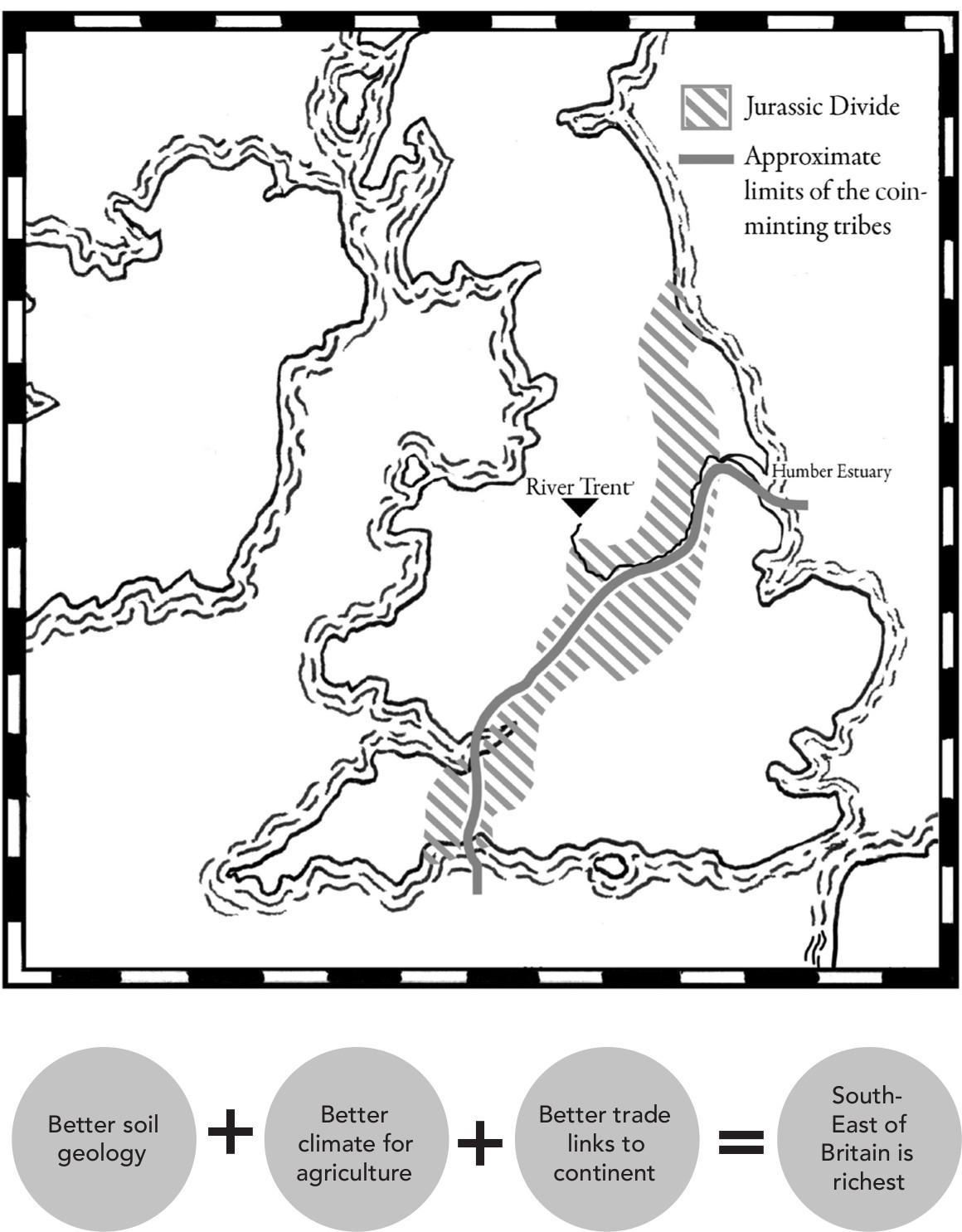
Geology, geography and climate conspire timelessly in favour of the South-East
By 100 ad , the South-East was a peaceful, prosperous colony. Its people, wrote the historian Tacitus, were obviously related to the Gauls. Beyond, to the north, were people clearly Germanic in origin, while those in the west were like the Iberians. It now occurred to the Romans as it occurred to almost every later ruler of the South-East that, since they controlled the richest part of the island, they should also rule those other peoples.
Font size:
Interval:
Bookmark:
Similar books «The Shortest History of England»
Look at similar books to The Shortest History of England. We have selected literature similar in name and meaning in the hope of providing readers with more options to find new, interesting, not yet read works.
Discussion, reviews of the book The Shortest History of England and just readers' own opinions. Leave your comments, write what you think about the work, its meaning or the main characters. Specify what exactly you liked and what you didn't like, and why you think so.

